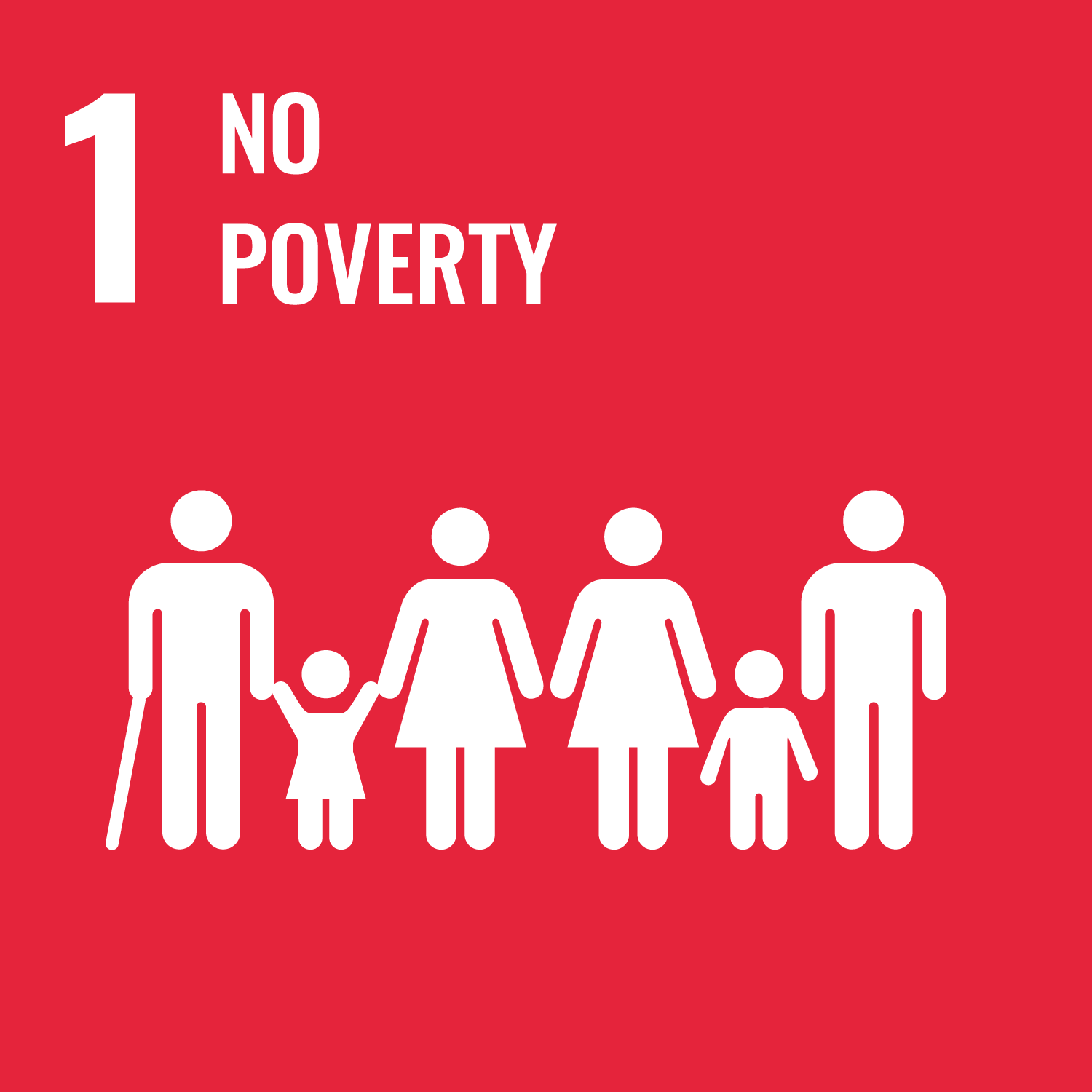【SACRU】Interconnection of Poverty and Discriminations Under COVID-19 Pandemic
Written by Erina Iwasaki, Professor from the Faculty of Foreign Studies, Sophia University (Japan)
- Research
The United Nations celebrate the International Day for the Eradication of Poverty on Monday, October 17th. Experts from the Strategic Alliance of Catholic Research Universities (SACRU) have provided insights on ensuring dignity for all in practice
Interconnection of Poverty and Discriminations Under COVID-19 Pandemic
Written by Erina Iwasaki, Professor from the Faculty of Foreign Studies, Sophia University (Japan)
As Amartya Sen had made clear, poverty is not just about the lack of resources and income but access to education and basic health care. It is also about human rights and dignity. Poverty is interconnected with the issue of discrimination, social exclusion, violence, and denial of participation in decision-making. The COVID-19 pandemic shed light on this interconnection between diverse discrimination and poverty. According to the World Bank, the COVID-19 pandemic is reversing the trend of poverty reduction and would have pushed additional 97 million people in the world to extreme poverty in 2020, of which the most vulnerable would be those relying on the informal employment, women, those with disabilities, refugees, those living with disabilities, minorities, etc.. (https://blogs.worldbank.org/opendata/updated-estimates-impact-covid-19-global-poverty-turning-corner-pandemic-2021;https://feature.undp.org/coronavirus-vs-inequality/)
In Japan, “stay home”, telecommuting for work and school, since the first state of emergency was declared in April 2020, led many shops and restaurants to shut down. As a result, poverty increased among female-headed households because a large number of female workers were employed in the service sector, which was the most affected industry by the COVID-19 pandemic. It evidences the insecure and unstable nature of informal employment: the informal workers are first to lose their job when an incident occurs. The COVID-19 pandemic also revealed the problems that have been overlooked, such as domestic violence and poverty among children living in single-parent or female-headed households. Astonishingly about half of the children living in single-parent households, most of whom are headed by females, are poor in Japan. Why do such a large number of female-headed families and children fall into poverty? It mirrors the structural problems and persistent gender inequality that society embraces. The International Day for the Eradication of Poverty on October 17 is the day to reconsider the reality of our distorted society.

